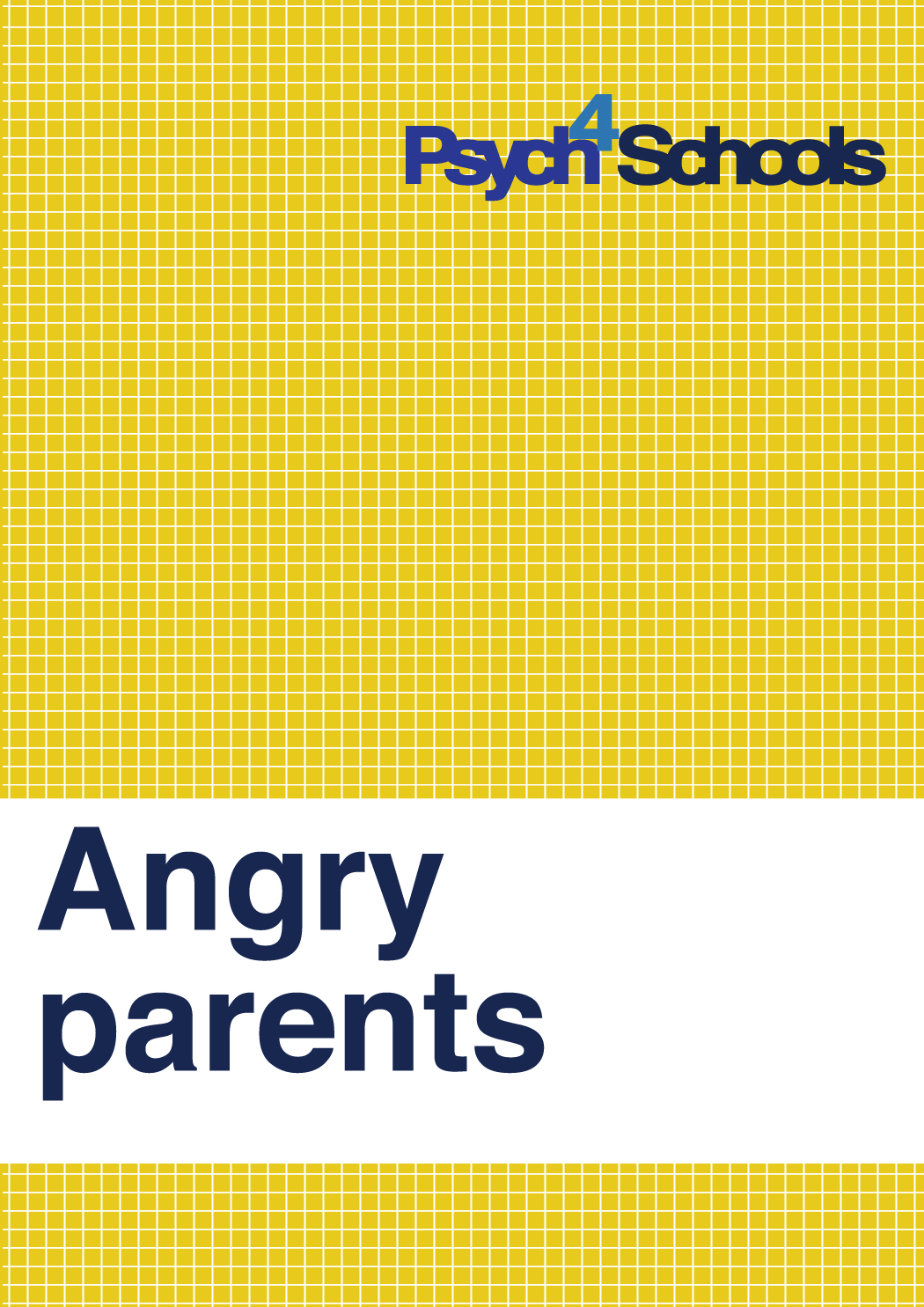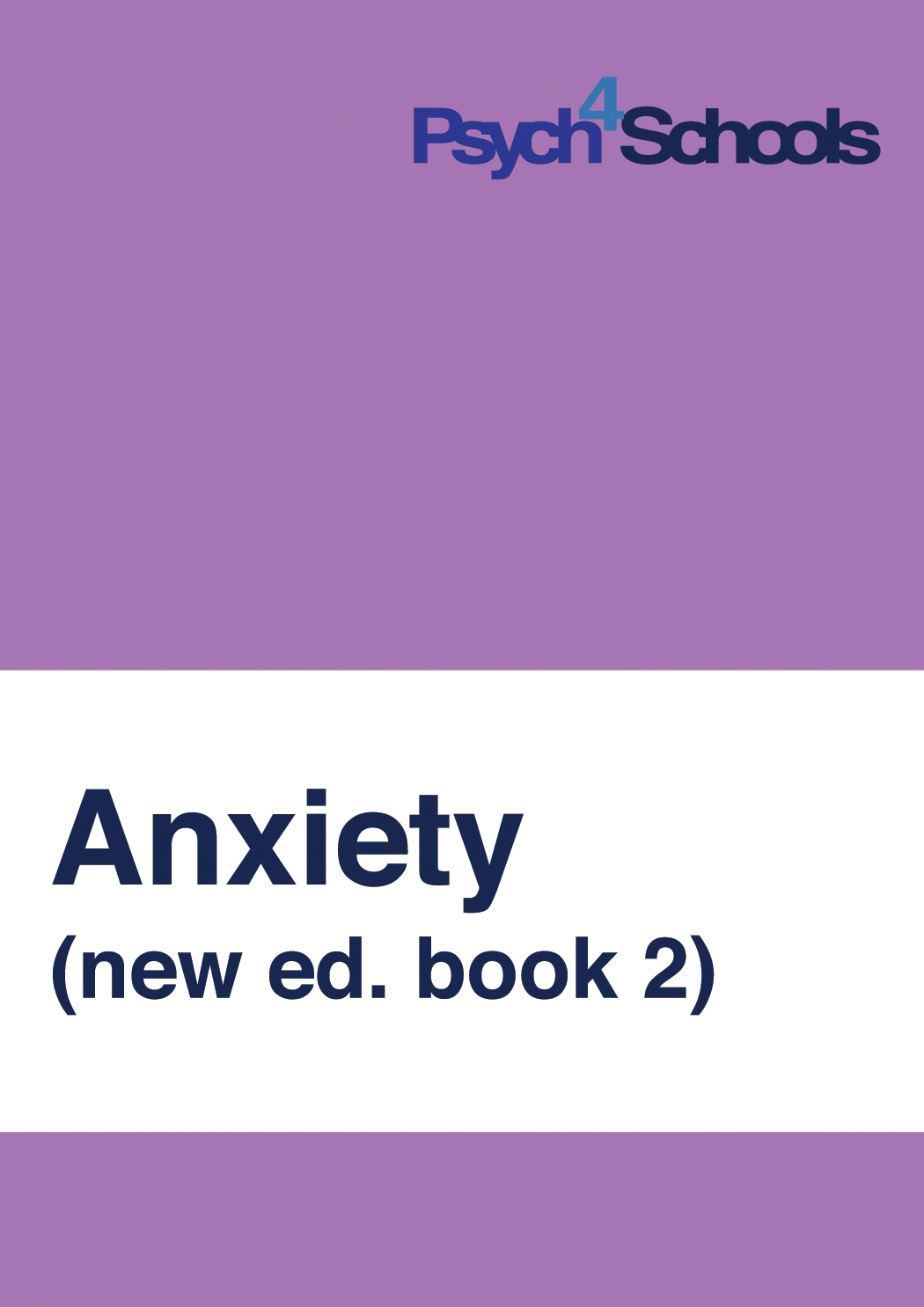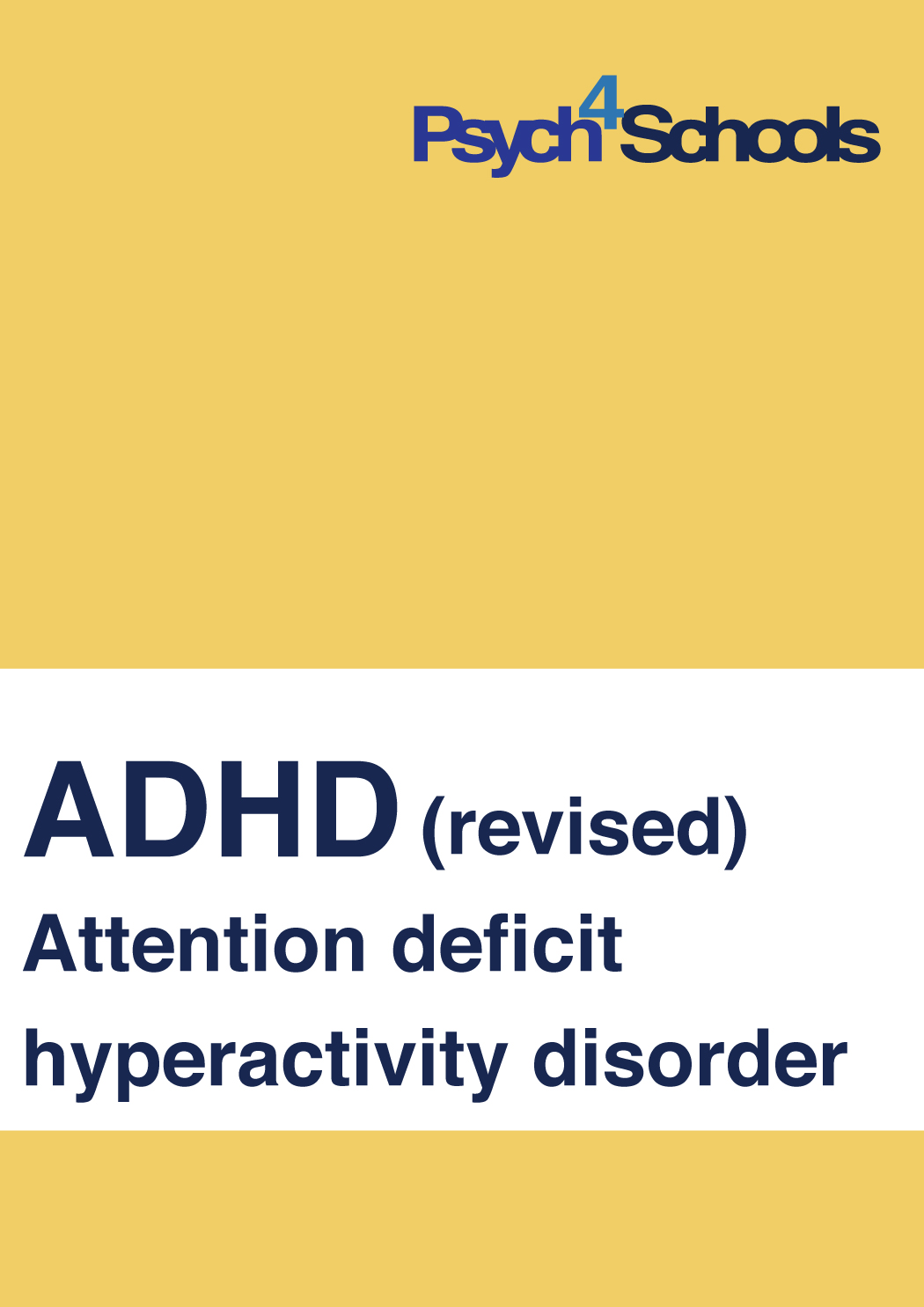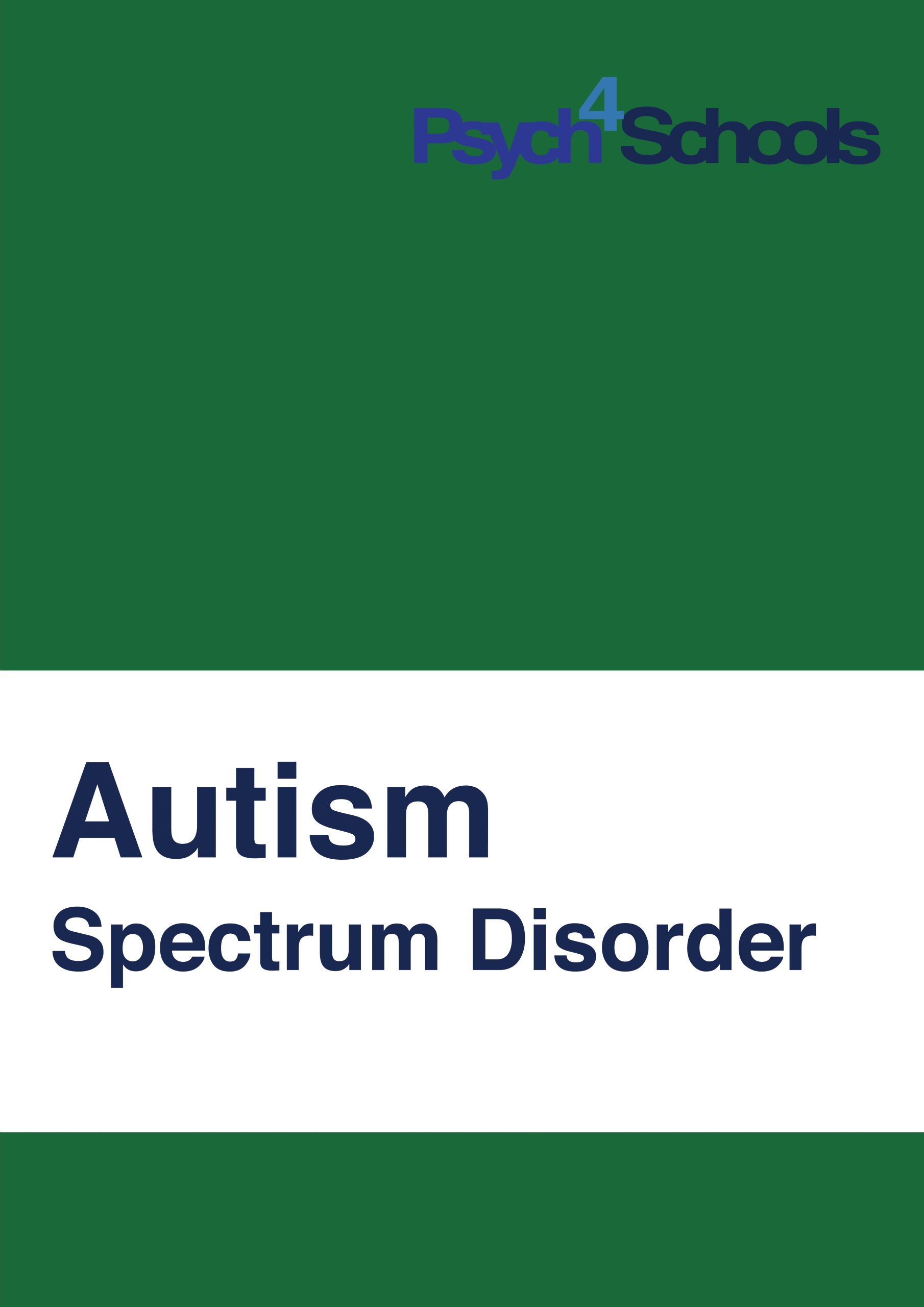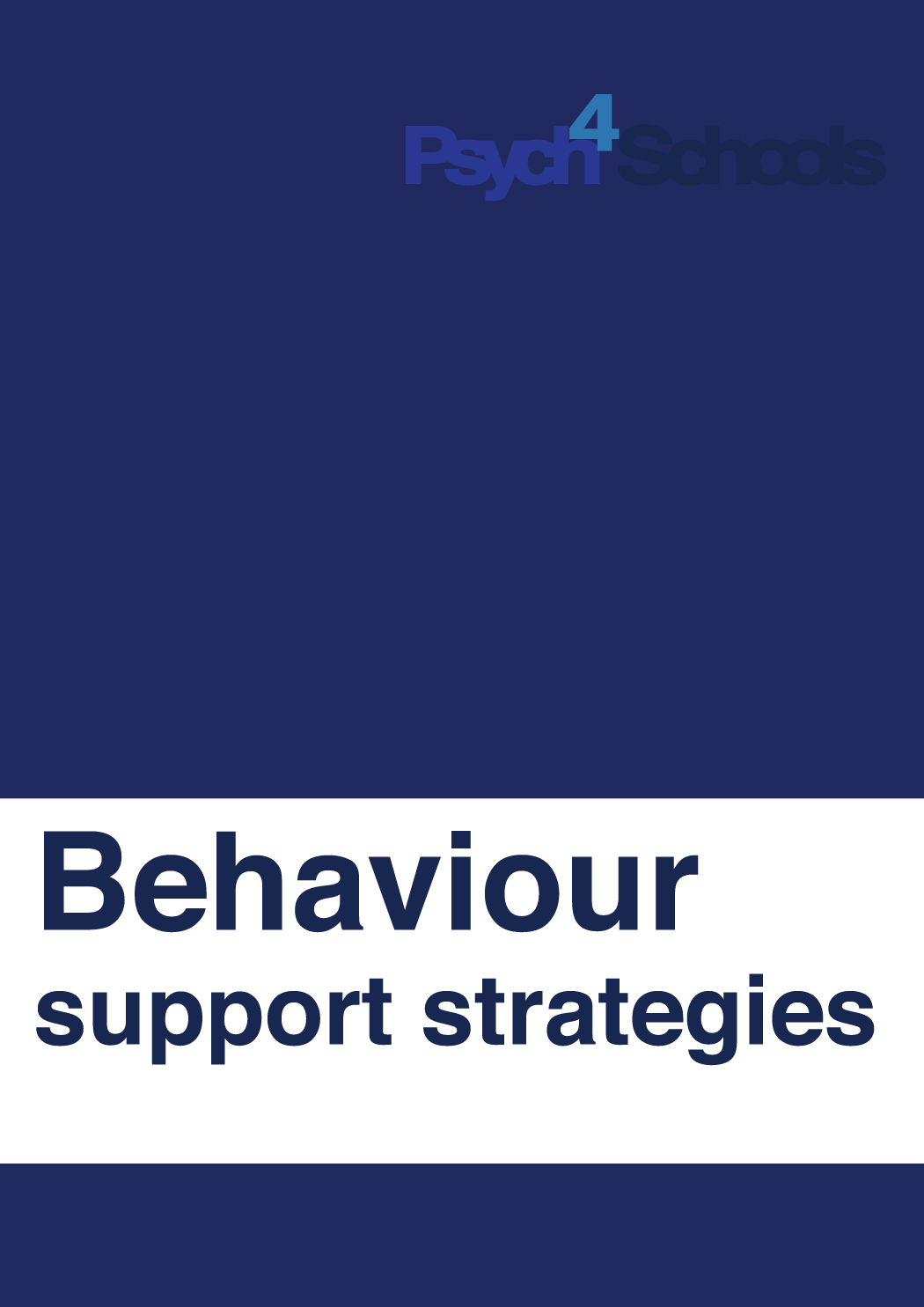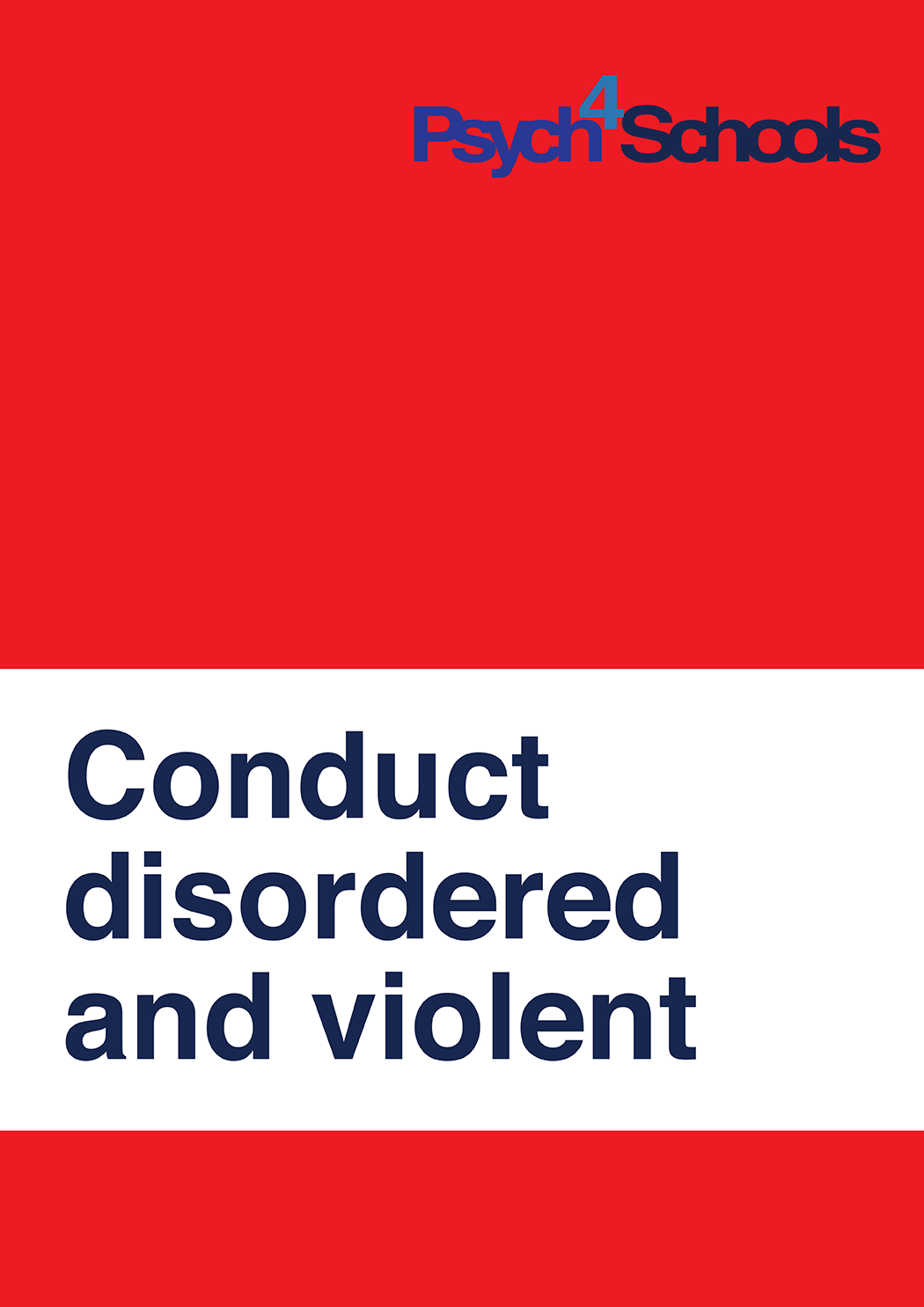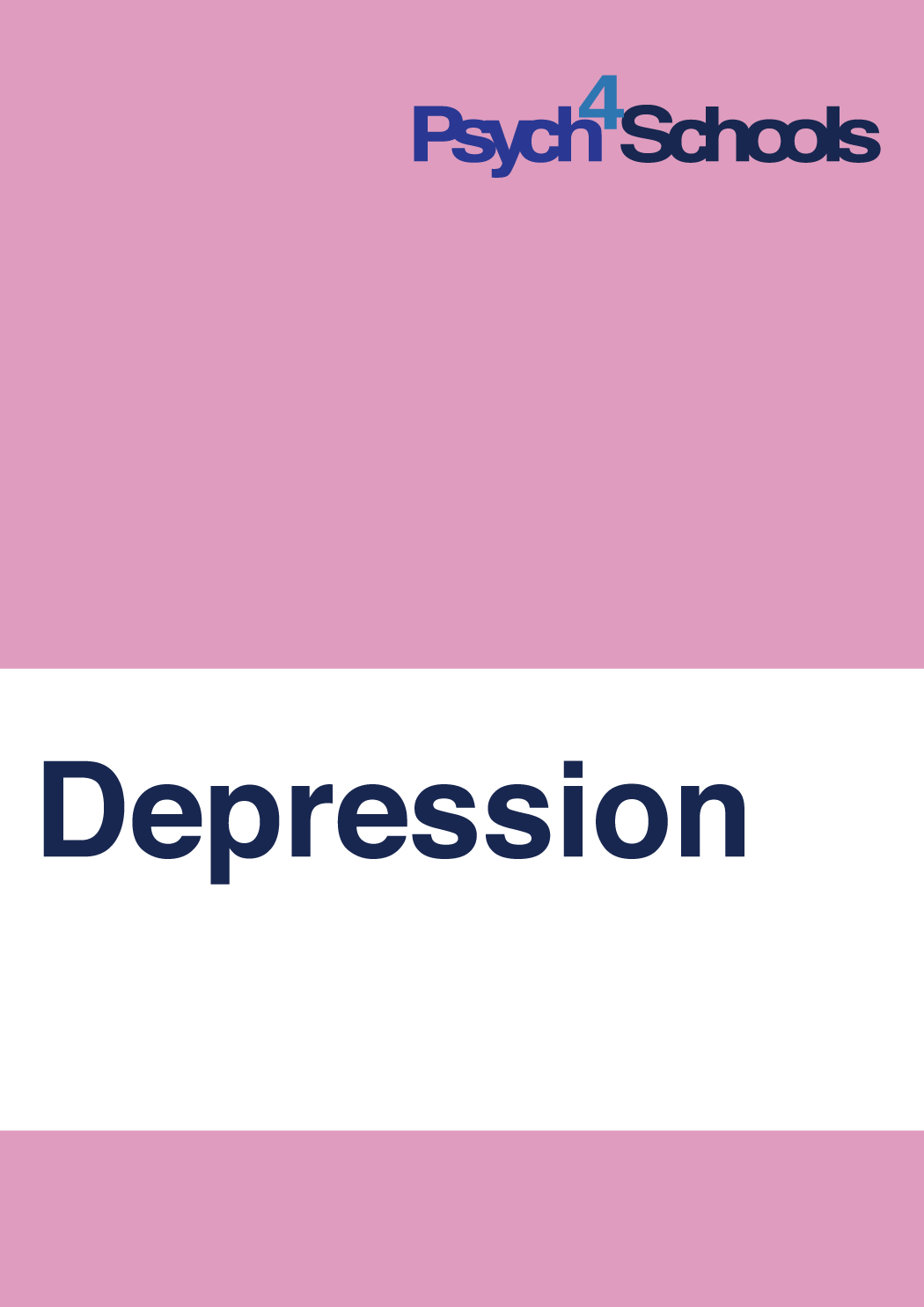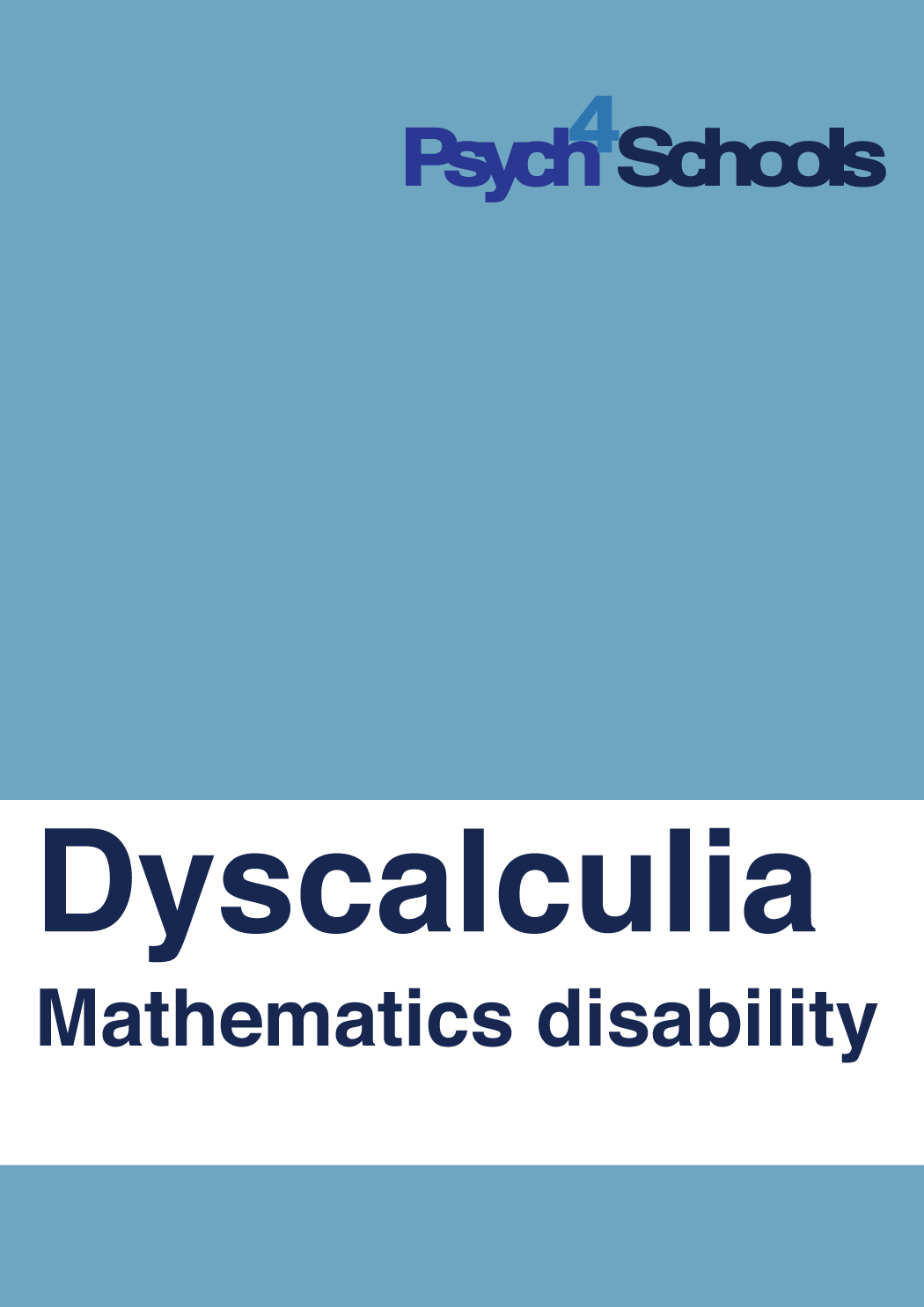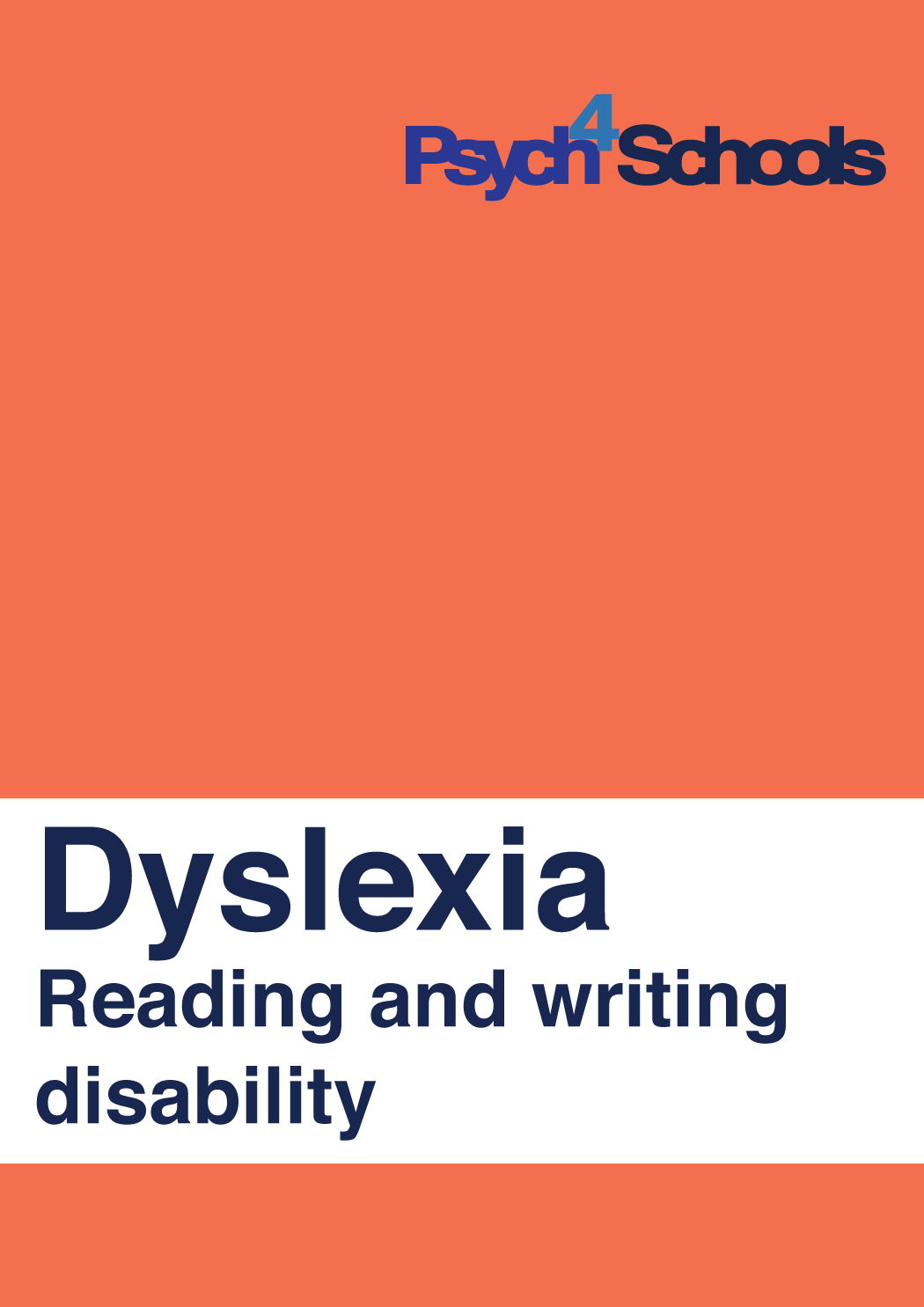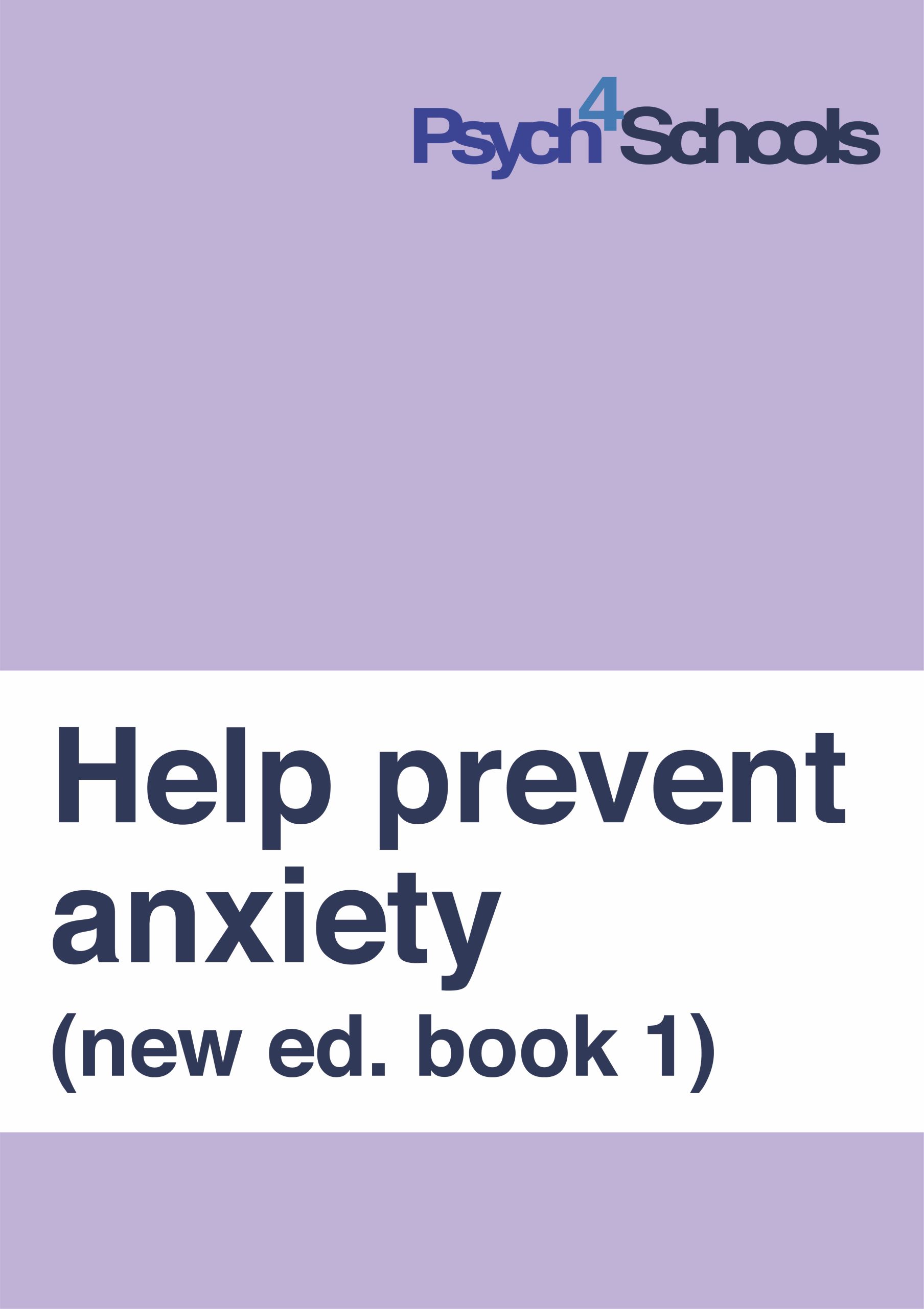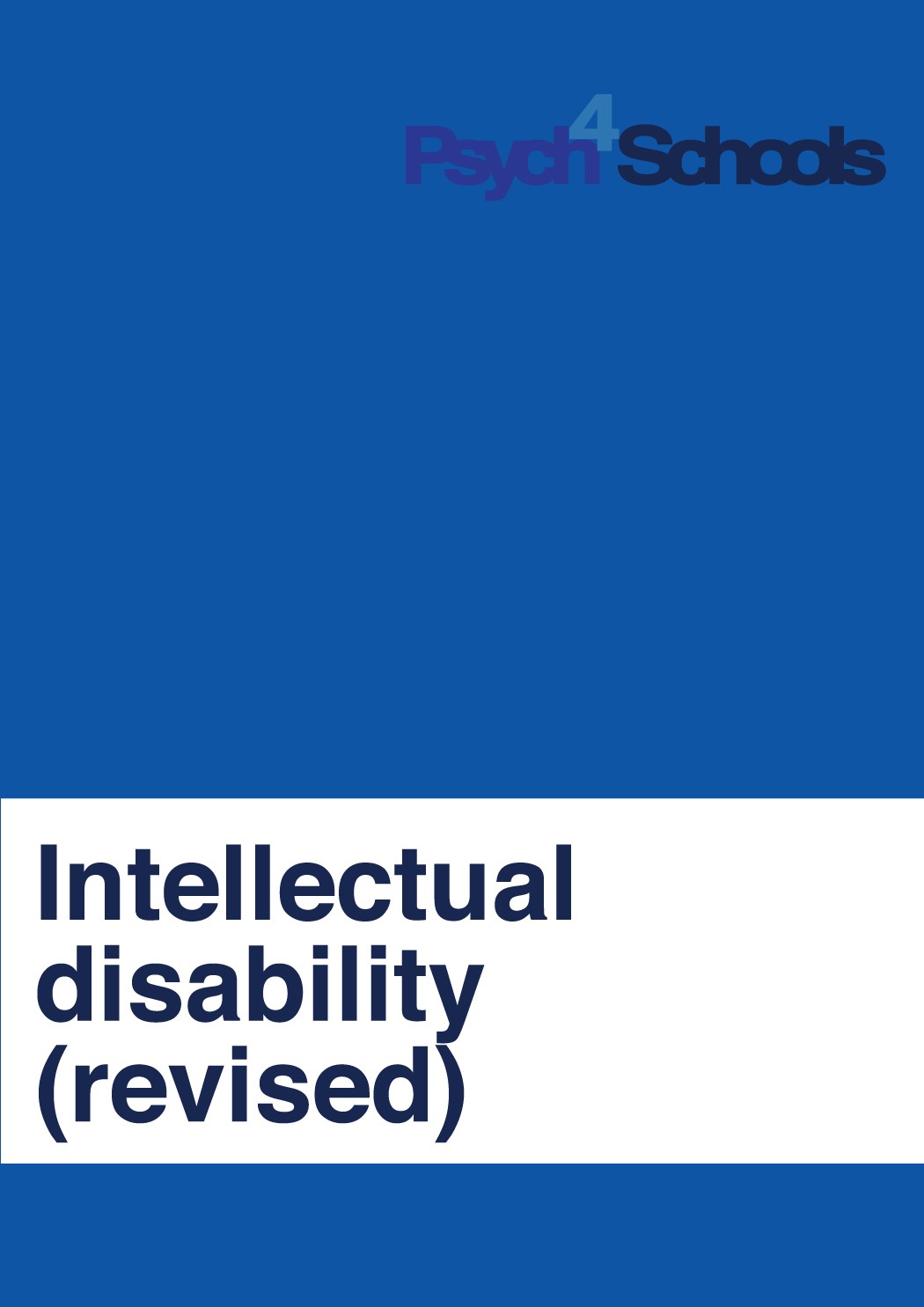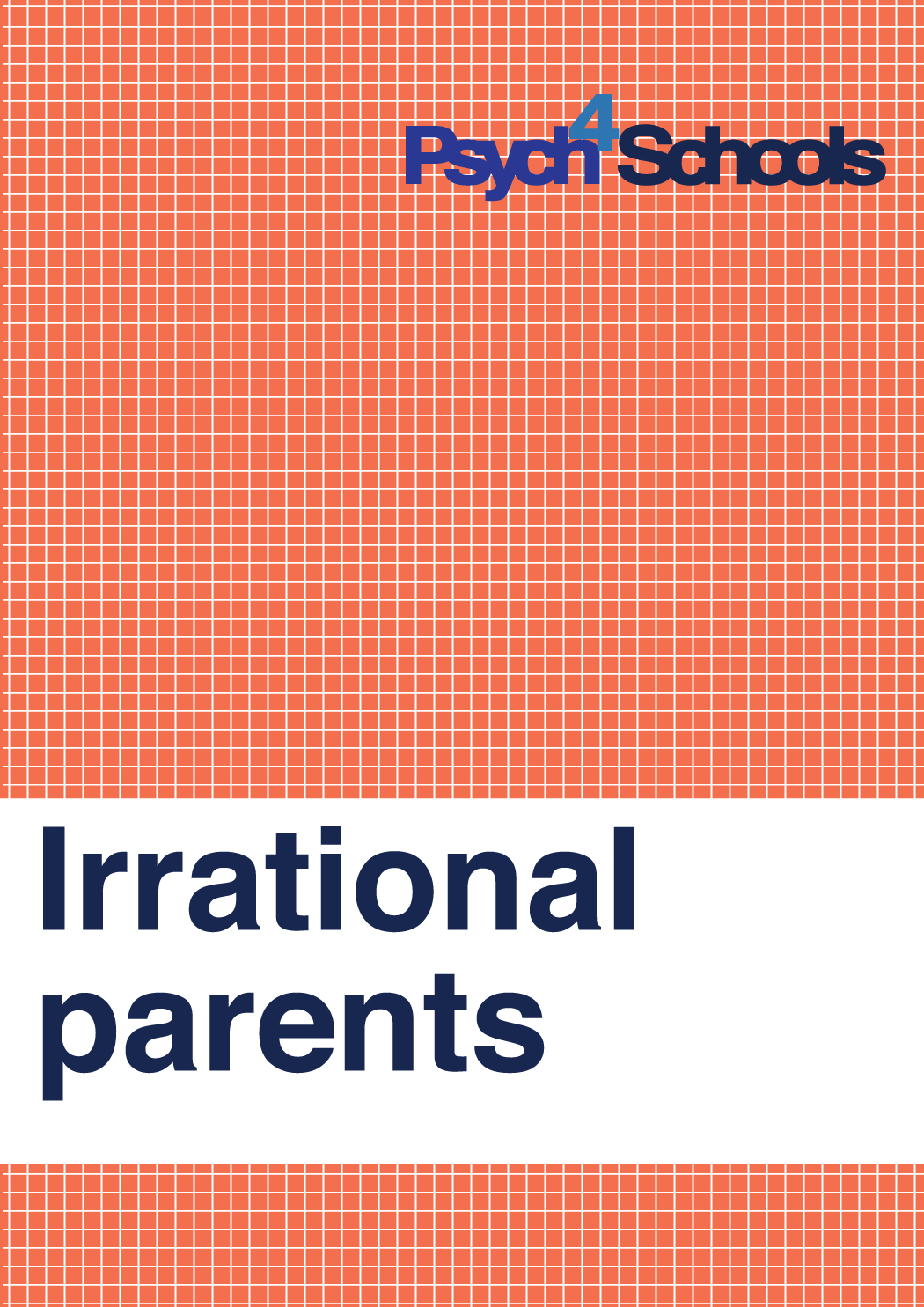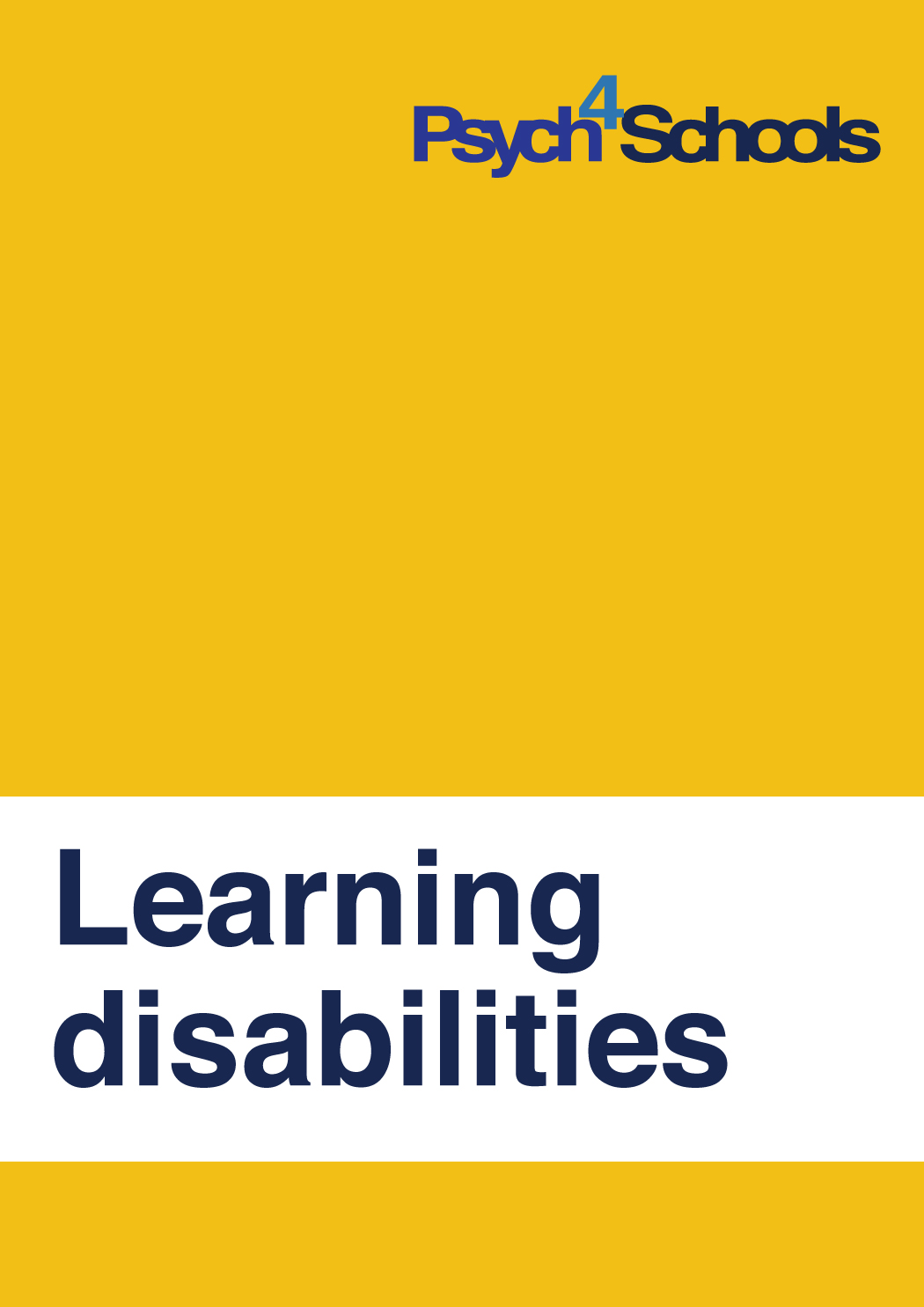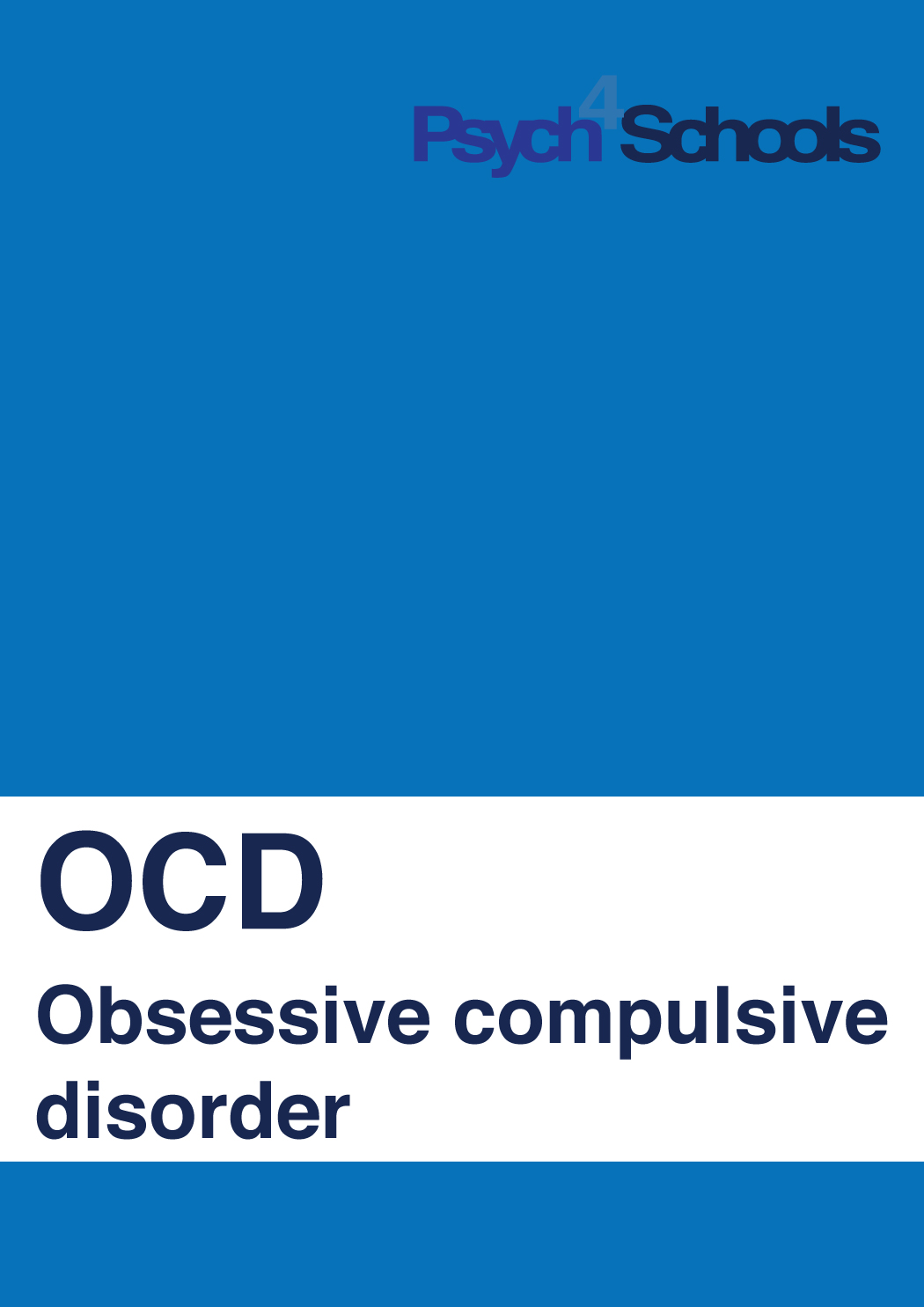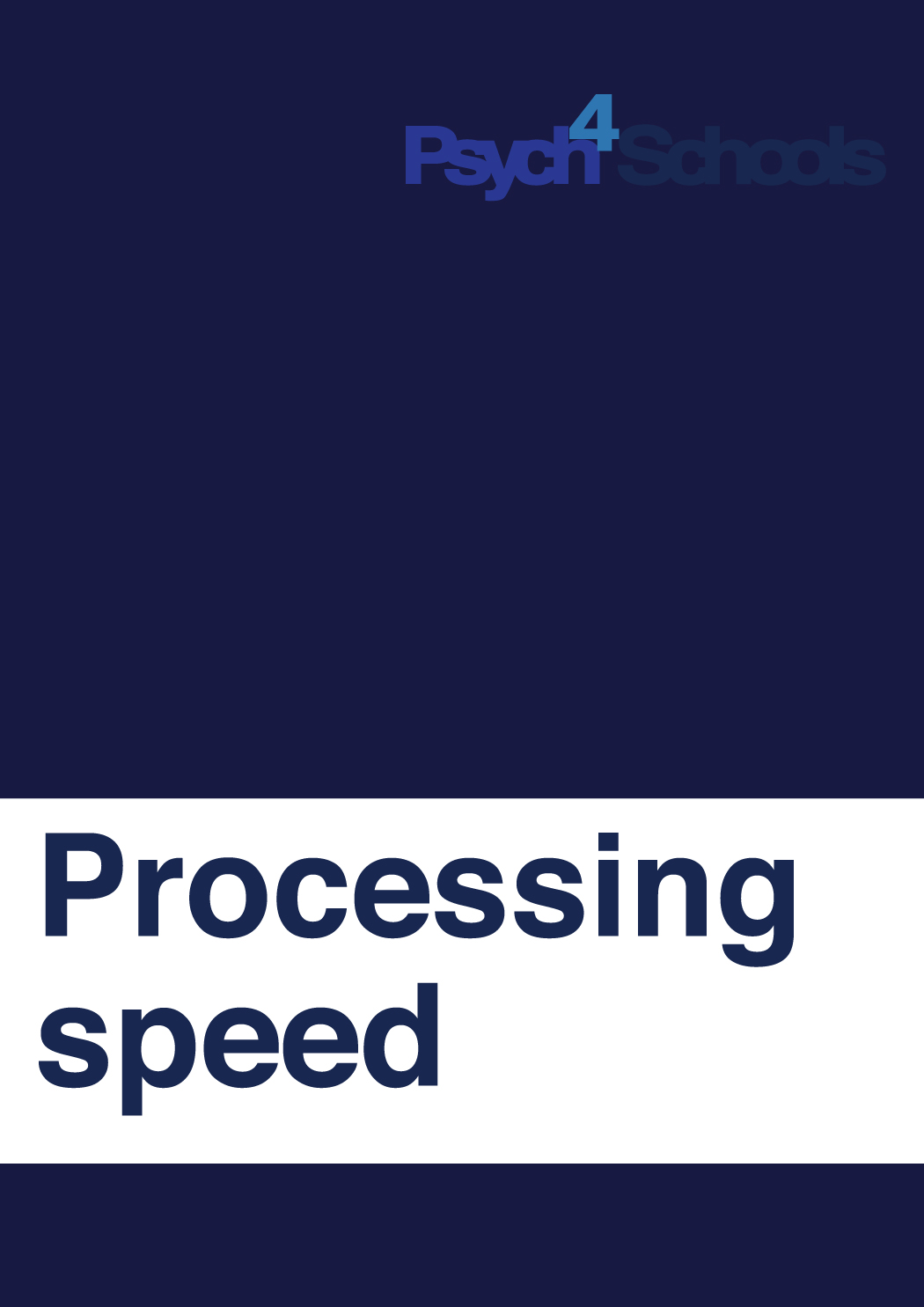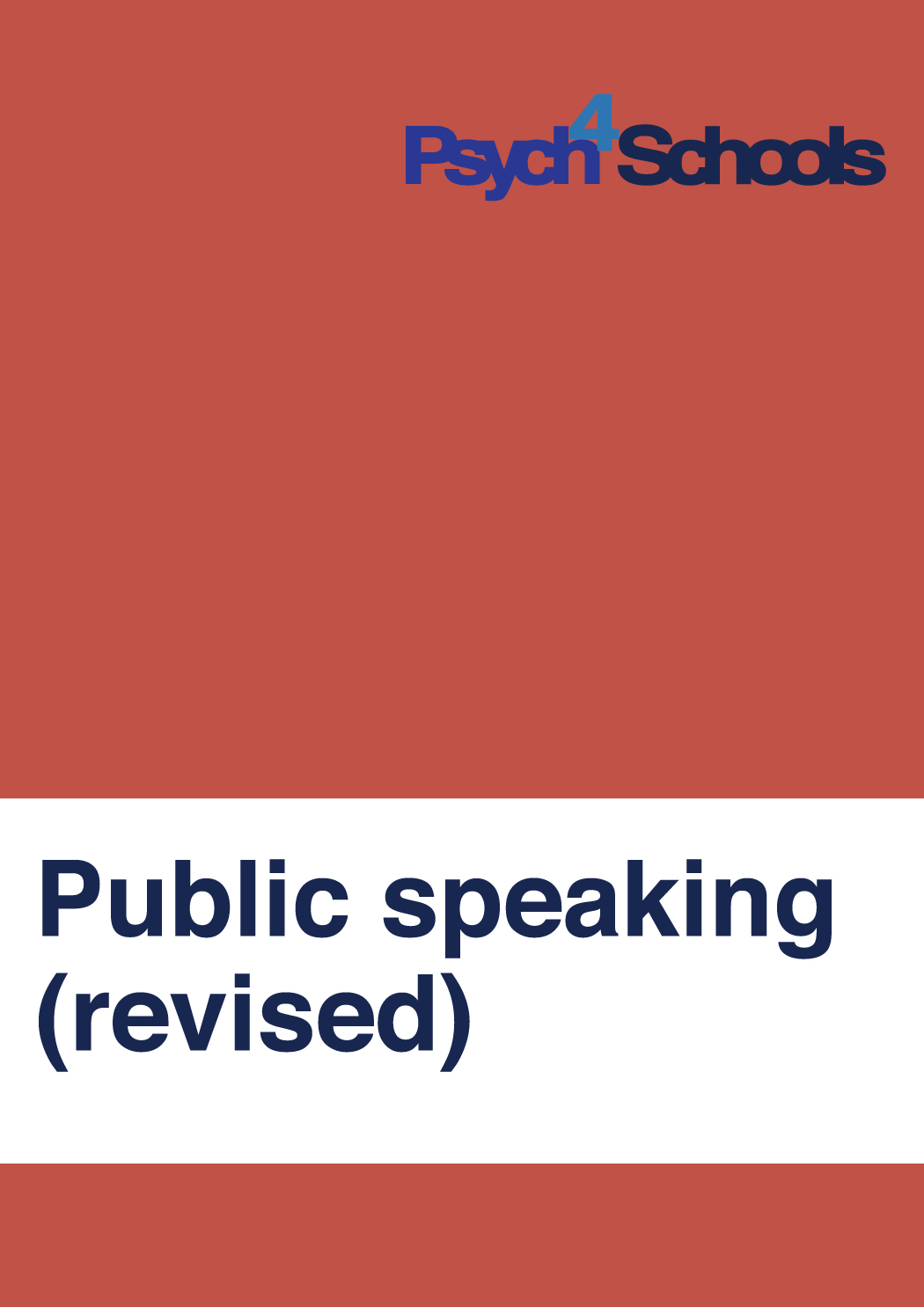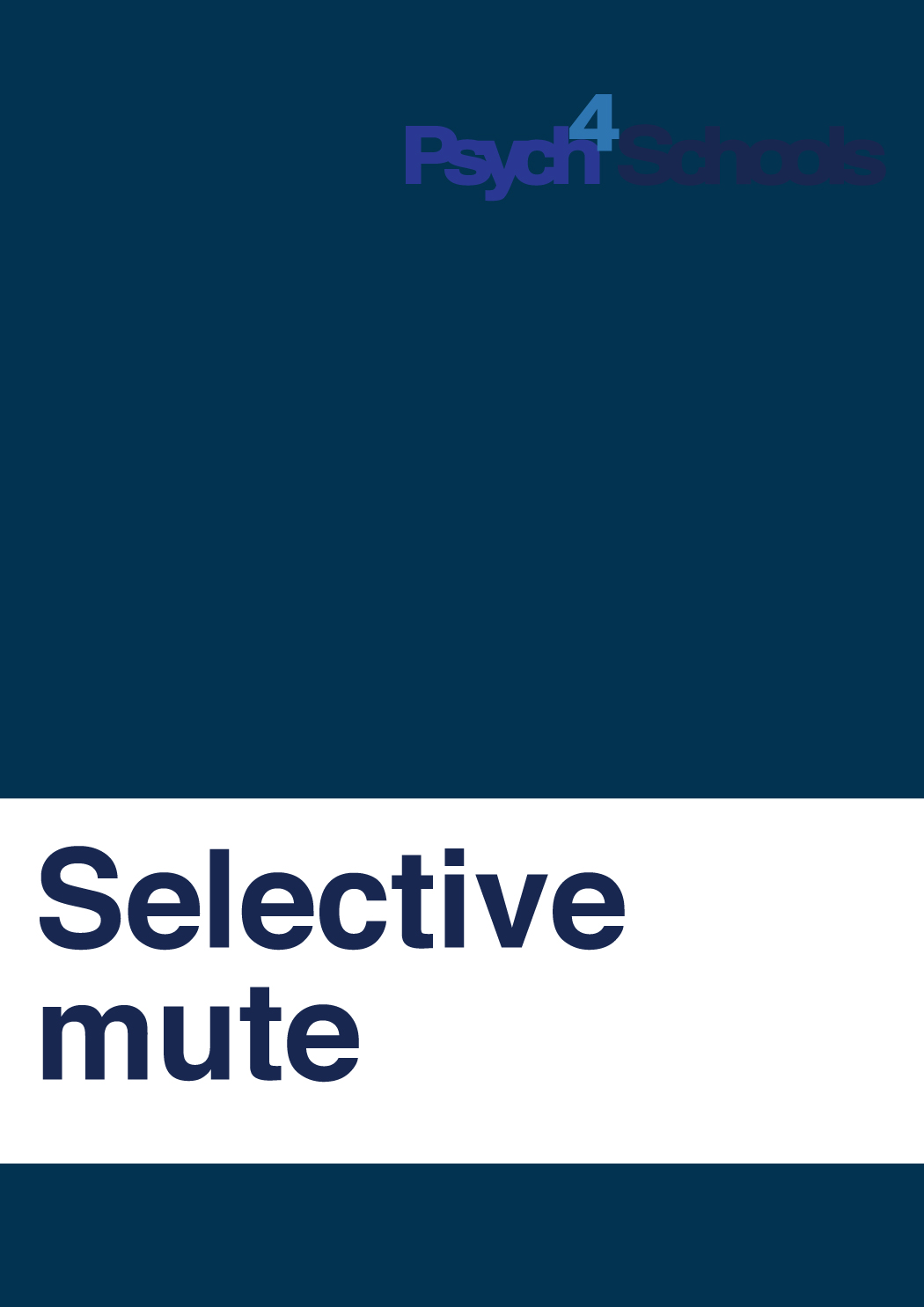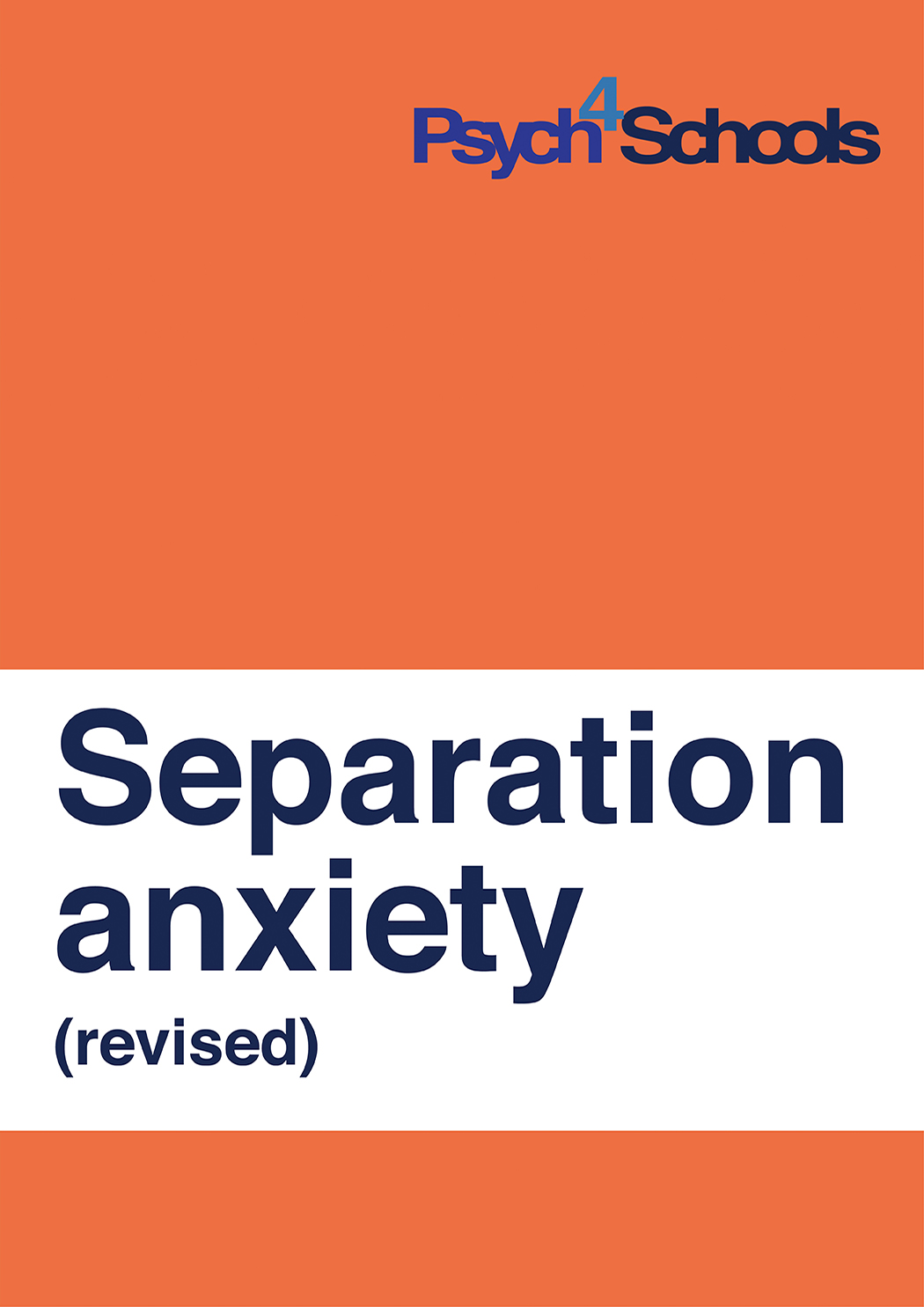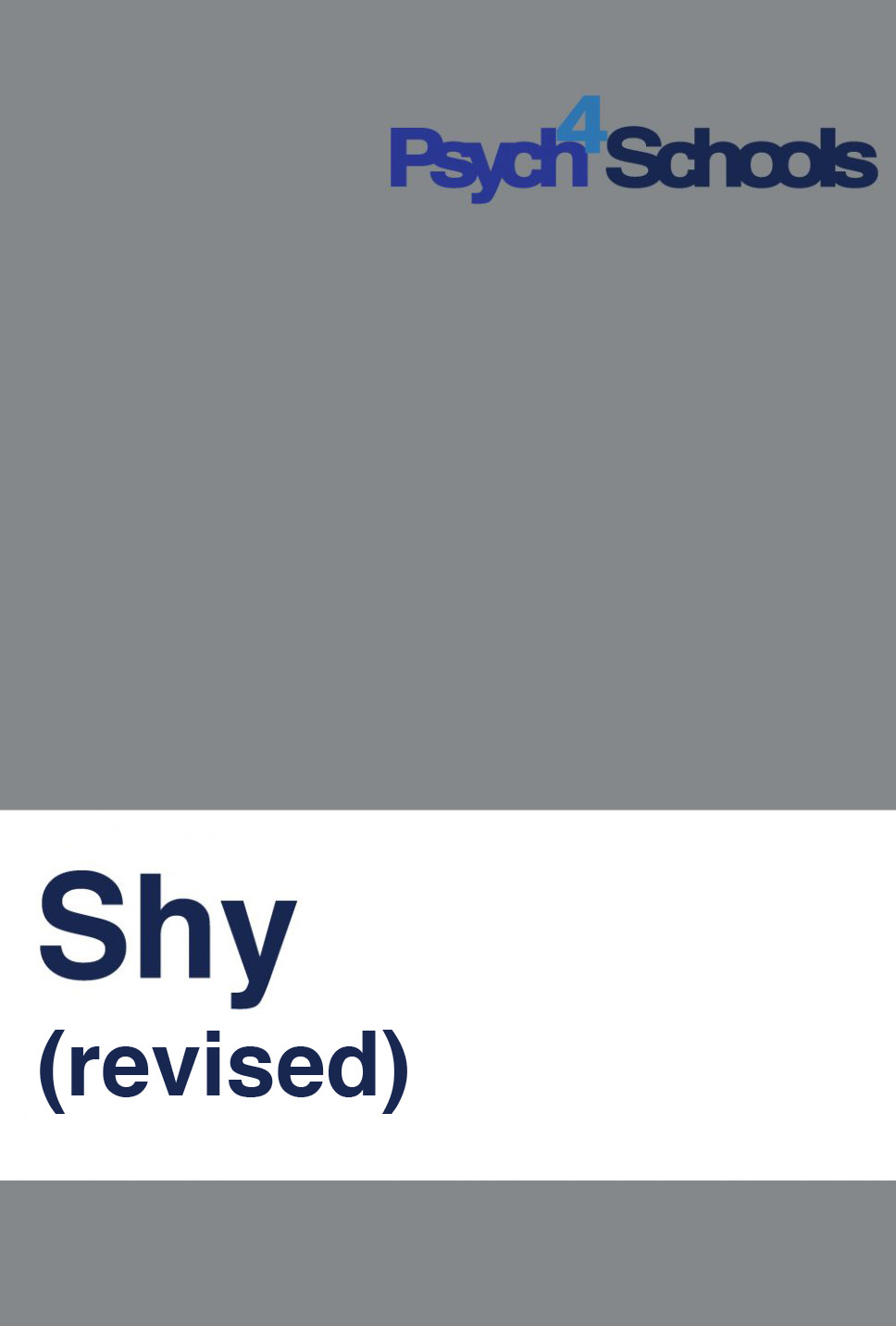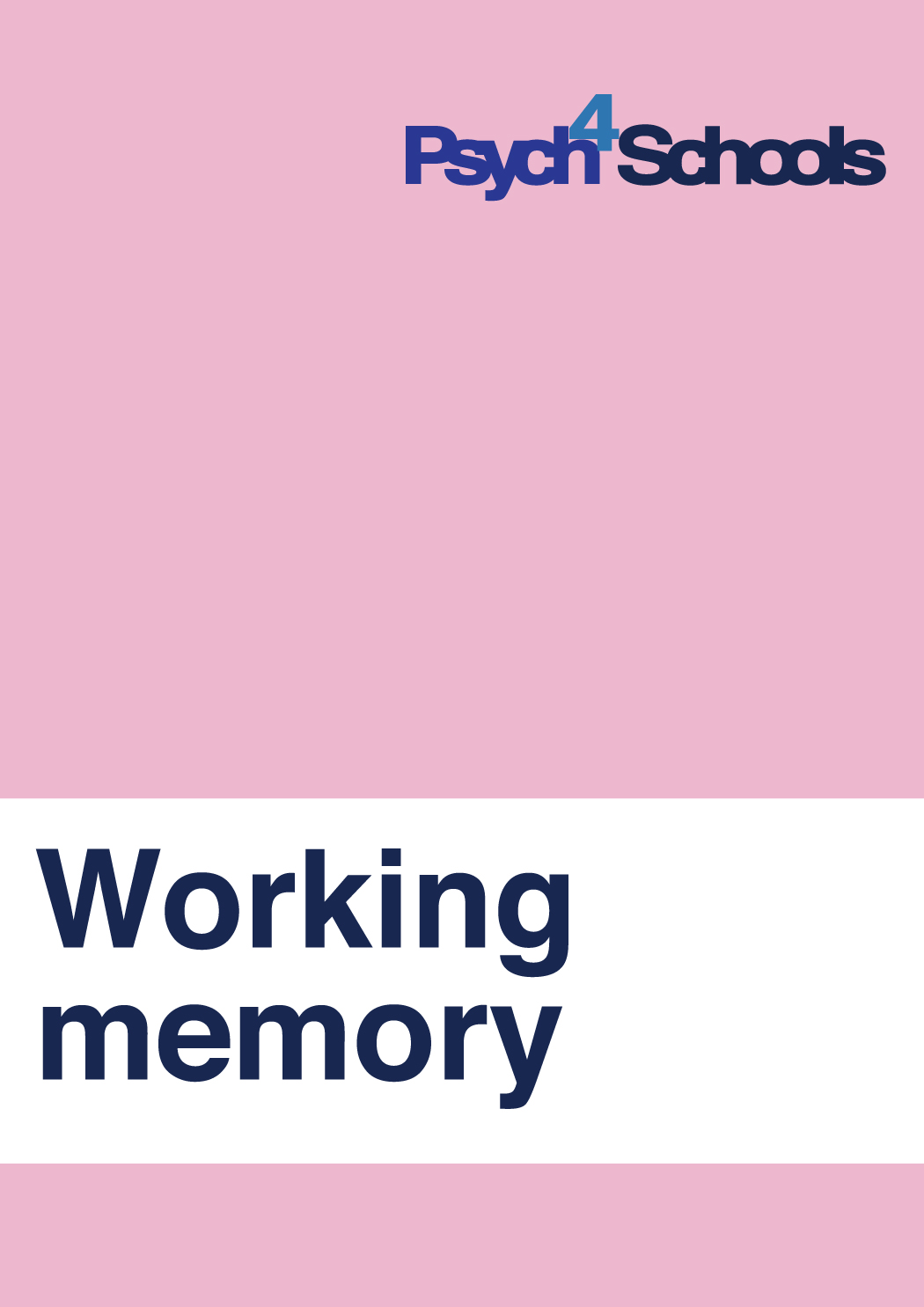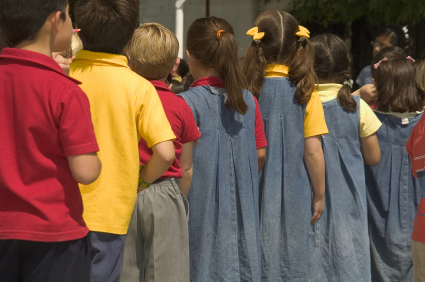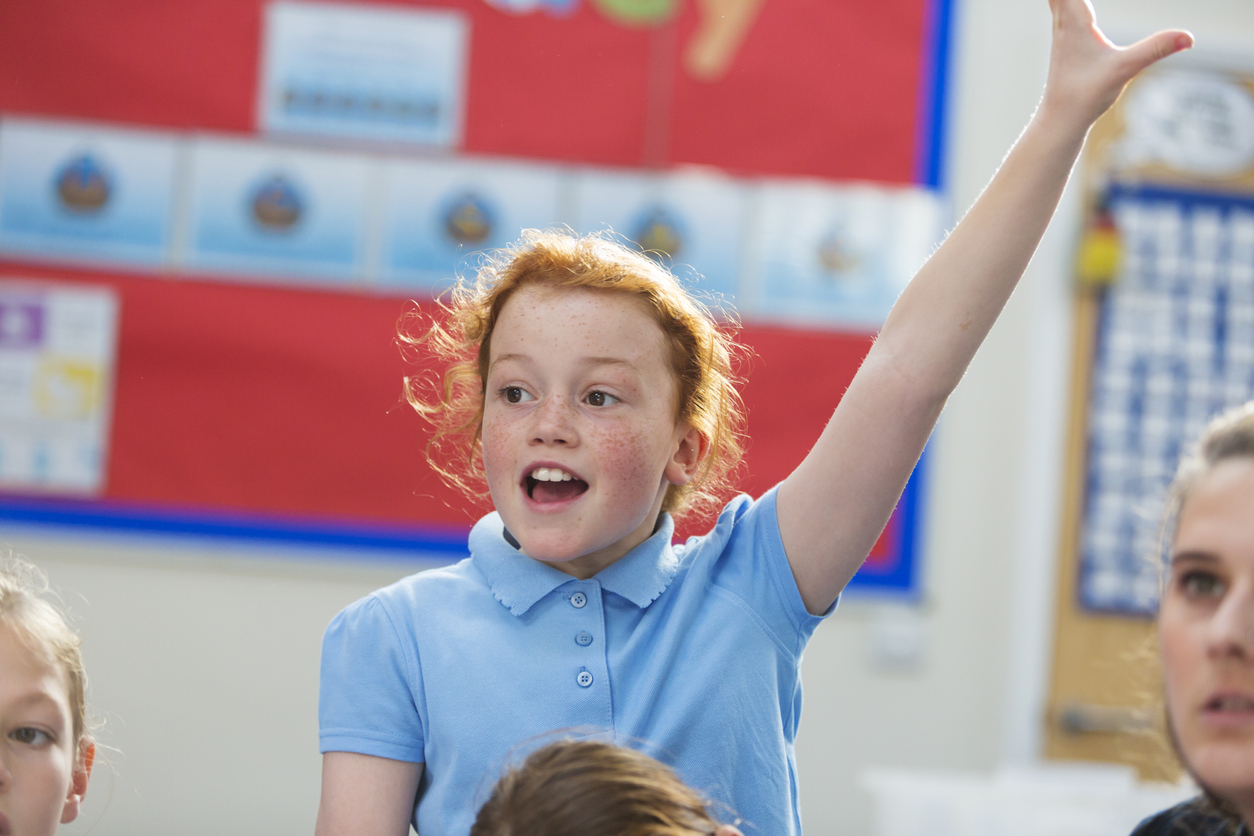Supporting learning, behaviour and wellbeing
Evidence-based practical strategies for teachers, psychologists, other professionals, and parents/carers working with children in primary and junior secondary schools.
Explore free resourcesMembership for individuals, schools, regions or institutions working with children and parents in primary to junior secondary schools
Your membership benefits
- Comprehensive resource library: Access resources dedicated to enhancing the wellbeing, teaching, and learning of children and young adolescents. From disabilities and disorders to emotional regulation, challenging behaviours, and general childhood development.
- Strengthen student wellbeing: Enhance emotional development and learning with evidence-based resources, screening tools, and advice.
- Implement whole-school strategies for vulnerable children: Create a supportive school environment by adopting consistent approaches for vulnerable children and those with additional needs.
- Support for common challenges: Access packages of resources to help children deal with anxiety, friendship difficulties, giftedness, learning difficulties and other issues.
- Effective planning: Develop plans for behaviour management, individualised learning, transitions, and improving school attendance.
- Improve behaviour to enhance learning: Address disruptive and disengaged behaviours, from minor behaviour to serious misconduct.
- Conflict resolution: Master managing difficult meetings starting with the 'glad, sorry, sure' approach and discover useful tips for productive conversations with parents and caregivers.
- Wellbeing and support: Find advice and tips to promote personal wellbeing and offer support to your colleagues and children’s parents.
- Time and cost savings: Psychologists, benefit from significant time and cost savings when writing recommendations in reports by leveraging strategies described in our ebooklets and resources.
- Professional growth: Access professional reading materials to support your registration requirements.
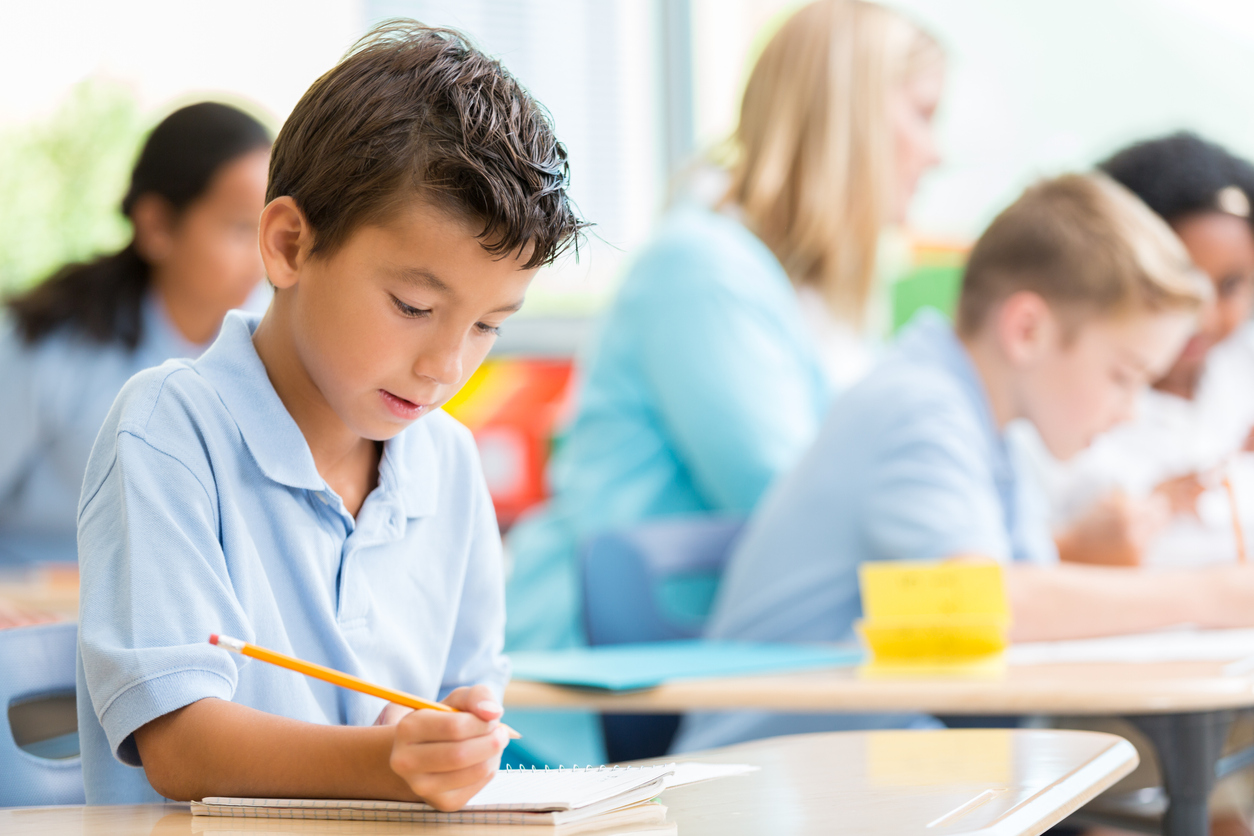
Blogs
Friendship difficulties package – teacher and parent resources to help students make and keep friends
Psych4Schools offers a library of ebooklets dedicated to enhancing the wellbeing, teaching and learning of children and young adolescents. Topics include emotional regulation, challenging behaviours, general childhood development and disabilities and disorders. To complement the ebooklets, Members can access eight resource packages. One of these is our Friendship difficulties package which offers five additional teacher
Read moreSchool refusal – take a book to bed not the mobile phone
School refusal is a complex issue that affects a significant number of students and their families. It can be challenging for everyone involved, from students and parents to teachers, principals, and psychologists. Understanding underlying causes of school refusal and various strategies that can be employed to address it are crucial for effectively supporting students. For
Read moreAutistic girls can present differently from autistic boys
Boys are currently four times more likely to be diagnosed with autism than girls, [1] as many girls seem better able to mask their autistic traits and challenges. Autism spectrum disorder (ASD) is a collective term for a group of neurodevelopmental disorders characterised by persistent challenges in social communication and social interaction, and traits such
Read moreWorking with children who call out
Low-level disruptive behaviours are common in many classrooms, and the impact on student learning cannot be under-estimated. The OECD Teaching and Learning International Survey (TALIS) revealed about one quarter of Australian teachers’ classroom time was spent on classroom discipline and administrative tasks, rather than on teaching and learning.[1] Behaviours such as calling out, teasing, being
Read more